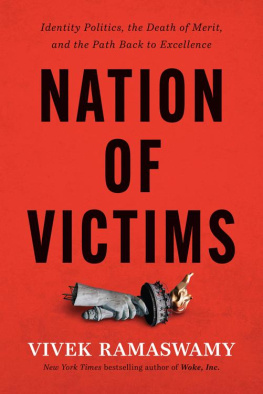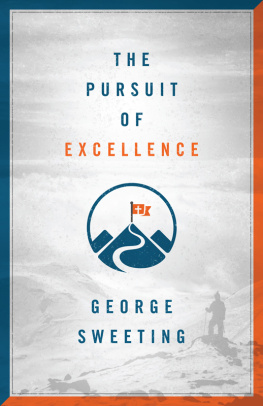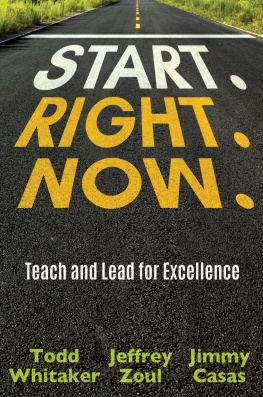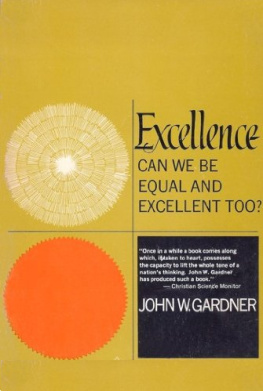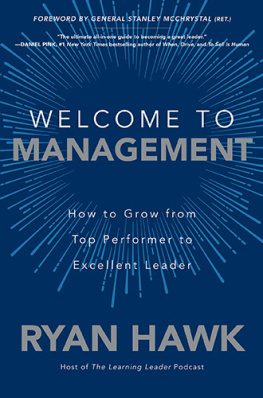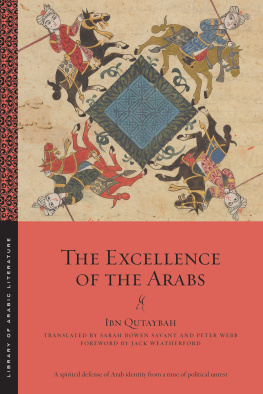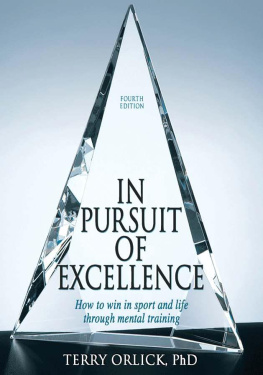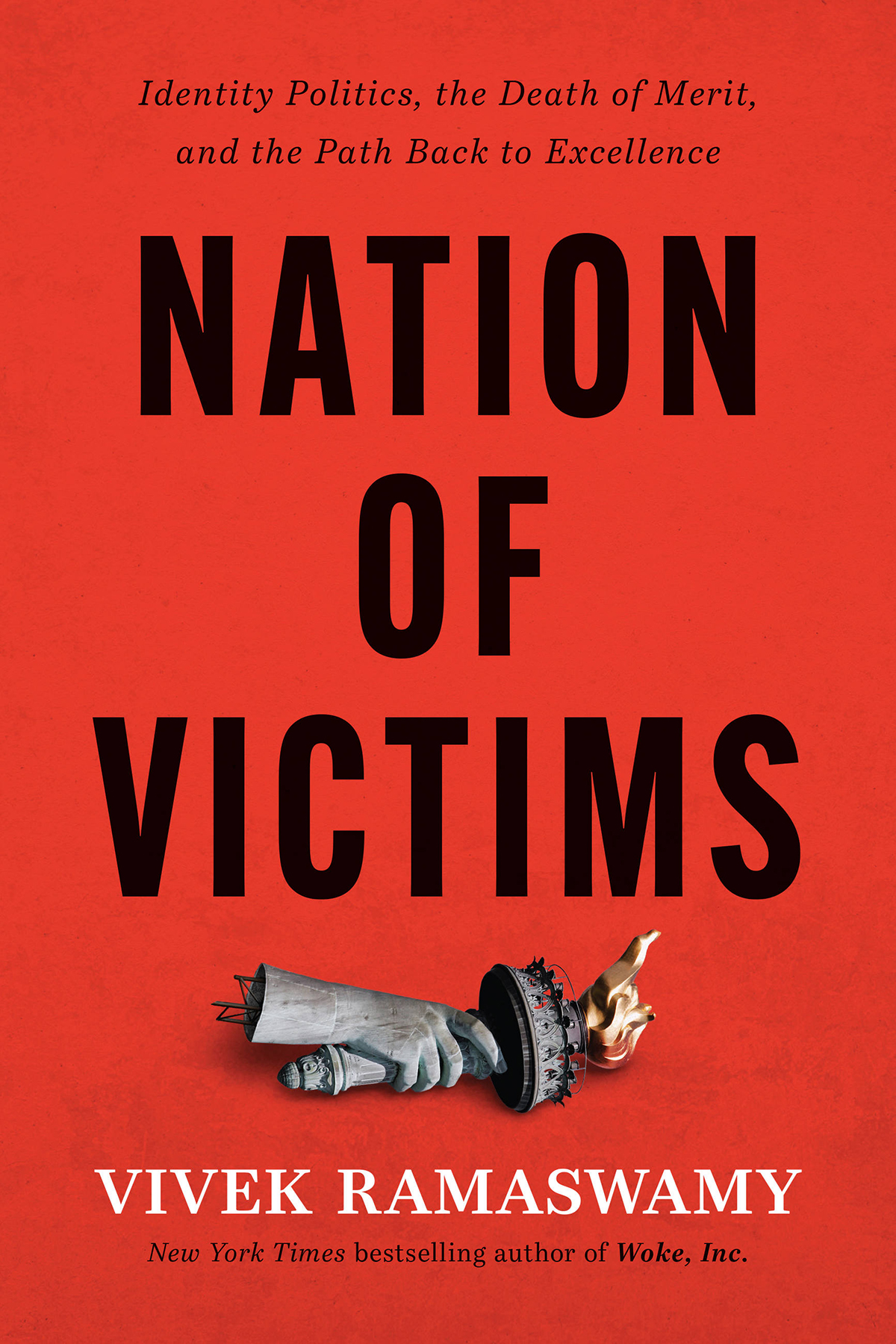
Copyright 2022 Vivek Ramaswamy
Cover design by Darren Welch
Cover image by iStock
Cover copyright 2022 by Hachette Book Group, Inc.
Hachette Book Group supports the right to free expression and the value of copyright. The purpose of copyright is to encourage writers and artists to produce the creative works that enrich our culture.
The scanning, uploading, and distribution of this book without permission is a theft of the authors intellectual property. If you would like permission to use material from the book (other than for review purposes), please contact permissions@hbgusa.com. Thank you for your support of the authors rights.
Center Street
Hachette Book Group
1290 Avenue of the Americas, New York, NY 10104
centerstreet.com
twitter.com/centerstreet
First Edition: September 2022
Center Street is a division of Hachette Book Group, Inc.
The Center Street name and logo are trademarks of Hachette Book Group, Inc.
The publisher is not responsible for websites (or their content) that are not owned by the publisher.
The Hachette Speakers Bureau provides a wide range of authors for speaking events. To find out more, go to www.hachettespeakersbureau.com or call (866) 376-6591.
LCCN: 2022939599
Interior book design by Timothy Shaner, NightandDayDesign.biz
ISBNs: 9781546002963 (Hardcover); 9781668610954 (Audiobook); ISBN: 9781546002987 (E-Book)
E3-20220712-JV-NF-ORI
To my sons, and to their generation.
W hen I was a kid, we read a book in school that stuck with me. Some of you will have heard of it. It was a study of the culture of the Nacirema, a dead civilization that inhabited the plains of the American West long ago.
The Nacirema were a strange people with strange ways. Their customs were riddled with apparent contradictions, their people consumed by odd obsessions. They were preoccupied with the thought that their own bodies were inherently unclean, and their lives revolved around elaborate purification rituals. Every dwelling had at least one shrine devoted exclusively to these ceremonies; the rich would build more, treating the number of shrines in their hut as a mark of holiness. Their private temples contained urns filled with charms and potions purchased from local medicine men, who wrote and spoke in a different language. They lived in imposing public temples where they would perform the most sacred ceremonies; vestal maidens accompanied them in ritual dress.
The natives had an elaborate hierarchy of priestsjust below the medicine men were the holy men charged specifically with caring for the mouth, which the Nacirema viewed as the source of all evil because sin so often came from the words it spoke. They believed that if they didnt pay the holy men to bless their mouths their teeth would fall out as the mouths evil rotted them.
When the corruption of the mouth grew too great, the Nacirema would see a specialized caste of medicine men called listeners, who would try to heal the sufferer by hearing them speak. They would then perform a kind of exorcism involving asking stylized questions, a variation of the call-and-response religions that develop early on in many cultures. The sufferers friends and family would often speculate that their own parents had been the ones to curse them.
They were a strange people. They died out eventually under the weight of their own insecurities. As the book concluded, its hard to understand how the Nacirema managed to exist for as long as they did under the burdens they imposed on themselves.
Nacirema, of course, is American spelled backward. The childrens book I had been reading was an adaptation of anthropologist Horace Miners famous satirical article Body Ritual among the Nacirema. Throughout the paper Miner made it increasingly clear that he was actually describing Americans themselves. He was describing their culture the way a foreign observer might, viewing them through a fog and from a distance, removed in time. His point was that we often find unfamiliar cultures strange because we dont inhabit their perspective well enough to understand their actions. Their customs will seem like magical thinking to us.
I remember that book about the history of the Nacirema sometimes when I look at the America I find myself in today. I know this is the United States of America, where I was born and raised, but I dont know what that means. This place is like a distant land that obeys arbitrary laws. We dont know where we are anymore or what the rules are, and we watch everything we do and say, always afraid we will violate some unspoken code. Many of us have known each other our whole lives, yet we fear each other like strangers. Weve all become strangers in a strange land, though we havent gone anywhere.
I wonder if my son, Karthik, born in the height of the COVID-19 pandemic, will be taught about the history of the Nacirema in school as I was. The moral of the story is insightful, and it is satire. But I worry that a progressive school board may decide that it inappropriately makes light of Native Americans, not understanding that the target of ridicule is actually the reader. It requires a bit of nuance to see that Miner was making fun of our assumptions about Native Americans rather than the natives themselveshe relies on our tendency to view the unfamiliar as primitive to make the point that we are the ones in error. We no longer live in a country that values nuance. I wonder if a teacher today could get away with assigning Body Ritual among the Nacirema without herself being sacrificed as part of a purification ritual.
When I looked at the reading lists of the schools Karthik will attend in Columbus, Ohio, I didnt see anything like that childrens book about the Nacirema. Instead, I saw Ibram X. Kendis Antiracist Baby and Anastasia Higginbothams Not My Idea, which portrays white supremacy as a constant devil whispering from ones shoulder. I worry Karthik will be assigned childrens versions of Robin DiAngelos work instead of Horace Miners. Miner tried to teach his readers how to think, but Im afraid the DiAngelo adaptations will only teach my son what to think.
The Americans. A strange people with strange ways. Their customs are riddled with contradictions, their people consumed by odd obsessions. They seem preoccupied with the notion that they are inherently unclean, and their lives revolve around elaborate purification rituals where they attempt to cleanse themselves and each other.
Many American rituals stem from their belief that the mouth is the root of all sin because the words it speaks have a supernatural power to cause harm. Many insist this verbally inflicted harm is an actual form of violence, perhaps even more damaging than the physical kind. Americans believe in a pre-scientific metaphysical system by which the very words one speaks are the primary forces that change self and world; ones actions are considered secondary, the mere effect of words. And so the Americans are defined by their constant search for more powerful words.
This search is led by their high priests, who speak and write in a different language, one often incomprehensible to the common folk. One representative sample of this unique dialect comes from a document called Advancing Health Equity: A Guide to Language, Narrative and Concepts. Its a sort of grimoire containing descriptions of powerful blessings and curses, written by the American Medical Association and the Association of American Medical Colleges Center for Health Justice. For instance, the book suggests that American medicine men replace the word vulnerable with oppressed, on the apparent belief that the act of describing sufferers of bodily ailments as the victims of evil will, by naming the evil, combat it. A sort of exorcism. This language apparently reflects an effort by the priests to remind American common folk that even physical afflictions seemingly caused by nature and misfortune are ultimately to be understood as the products of human sin. Americans believe that the best treatment for any disease is simply to call it by its true name, and thus gain power over it.


